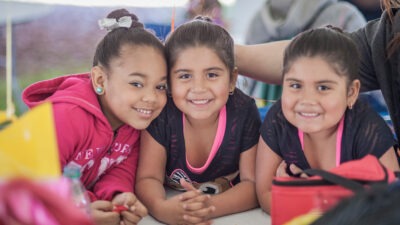The viral social media “cookie challenge” is capturing the attention — and amusement — of millions online. In this adorable trend, a child is given two cookies while a parent is left with none. The camera rolls as the child decides whether to share a treat or keep both. Some moments warm the heart while others get a laugh, but beyond the cute reactions, the challenge also offers a window into how young children begin to understand empathy and fairness.
Empathy starts early, but it’s still developing
Empathy doesn’t appear all at once. According to the American Psychological Association, children begin showing signs of empathy as early as age two, but more complex understanding of others’ feelings typically starts to develop between ages three and five. Like most social and emotional skills, empathy grows gradually through lived experiences, consistent guidance and positive role models.
A child’s response in a viral video does not tell the full story. Hunger, mood, stress or the pressure of being on camera can influence behavior in the moment. What matters more is the long-term environment that surrounds a child, one that helps them understand emotions, fairness and how to respond to others with care.
How families and caregivers can support empathy
Building empathy is not about passing a test or performing for an audience. It’s about helping children grow into thoughtful, compassionate individuals who care for others and their communities. Families and caregivers play a key role in shaping that path. Here are a few ways to support empathy at home:
- Lead by example. Children learn by watching the adults in their lives. Demonstrating acts of kindness, fairness and sharing builds a strong foundation.
- Talk about feelings. When a child sees someone upset or excited, take a moment to ask how they think that person feels. Naming emotions helps children recognize and relate to others’ experiences.
- Offer chances to practice. Everyday activities like helping a sibling, offering a toy or sharing a snack, are natural opportunities to practice empathy without pressure.
- Be patient. Children are still learning. Celebrate small moments of kindness and keep offering encouragement as they grow.
Through supportive environments where empathy can flourish, we can ensure that every child, regardless of background, has the chance to grow with understanding and compassion at their core.







Comments